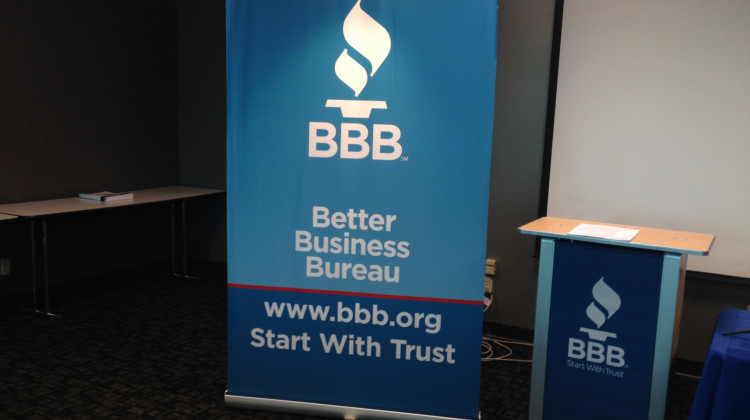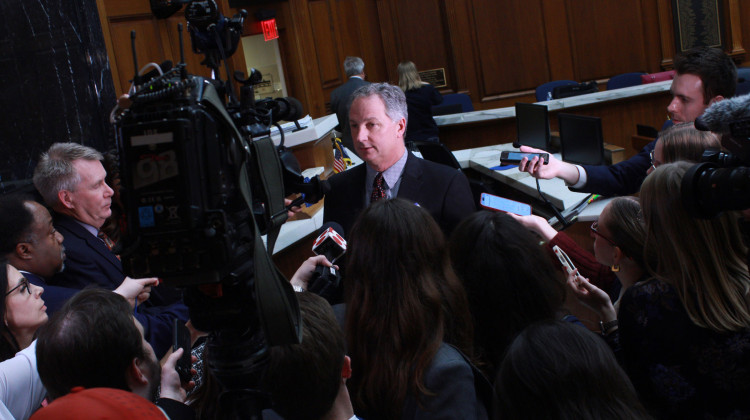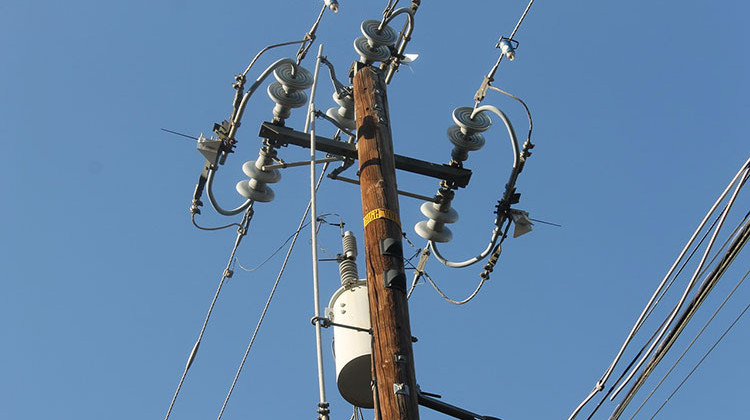The Better Business Bureau released a report on sweepstakes, lottery, and prize scams compiling data from relevant government agencies including the Federal Trade Commission and the Internet Crime Complaint Center (IC3) and its own Scam Tracker.
These scams primarily target people 60 years of age and older via phone calls, mail, and now on social media. That age group reported more than $3.2 million lost in 2017.
Of the 1,374 total complaints filed last year, 916 were filed by people older than 60.
Vernon Smalling has been a victim of both phone and mail lottery scams. "I've been told by probably 40 or 50 that I had won a million dollars or more and not one has sent me a check to this very day," he says.
Tim Maniscalo, president and CEO of the Central Indiana BBB says people should be wary of messages from sweepstakes and lotteries they did not enter.
"Lottery scams and sweepstakes scams, if they're legitimate ones they don't ask you to pay upfront," Maniscalo says. "So if anybody's asking you to pay upfront for something like this that's a real tip off."
Maniscalo says the best way to avoid losing money to such scams is to ignore their messages altogether. If it's too good to be true it probably is, he says. He also urges people to report frauds to BBB's Scam Tracker tool at bbb.org.
Though Smalling was primarily targeted by mail, the study found that one-third of the sweepstakes fraud complaints received by IC3 involved social media. The report warns especially against messages impersonating Facebook founder Mark Zuckerberg or Facebook COO Sherly Sandberg.
 DONATE
DONATE








 View More Programs
View More Programs


 Support WFYI. We can't do it without you.
Support WFYI. We can't do it without you.